

Rarely does a game span hundreds of years without any editing, yet in Hero Generations the player can watch their characters travel through the millennium one year at a time. Carefully crafted civilizations rise and crumble in the tides of time while heroes must wade through never-ending enemies for glory and riches, and most importantly of all for their families.
Hero Generations is a rogue-like 4X strategy game with an intriguing twist. Each turn takes one year of the hero’s life. While this may seem like a short game, it has the possibility to span countless hours. Much like in Rogue Legacy, the player can continue the hero’s legacy by bearing a child, and then taking control of said child until he/she must also procreate. The cycle continues as long as the player’s hero can survive.
Survival is key because Hero Generations really strives to engender the passage of time. This means that dying is something that sticks. Permadeath makes mating a priority, keeping the player constantly checking how many turns they have left. Characters will also weaken once they pass a certain age, meaning that the game becomes harder the longer the hero survives. These things balanced with the persistence of the world create the feeling of ages passing quickly before the player. The more the player plays, it’s likely that each character will increasingly feel like a blip in a long timeline.
As admirable as it is that the creators of the game added the aging feature to make a lifetime feel more realistic, it does somewhat detract from the experience. It makes it very risky to travel too far, meaning that it is hard to do any kind of exploring, and exploring the rich world of Hero Generations is a large part of what makes the game fun. Players may find themselves sticking closely to their hometowns until their character mates and the cycle starts again.
The ephemeral nature of the characters is balanced by an eternal world. The player can expand towns by adding specialized buildings. Constructing better towns may be one of the most critical things a player can do in the game since buildings can produce different benefits after a certain number of turns. Walking back and forth between towns to collect level ups can waste precious years, so this makes grinding feel very counter-productive considering that the strength and life the player amasses during a lifetime does not get passed down to the next generation. That means practically starting from scratch with each new hero which becomes rather tedious the longer the game wears on. Without a strategy that spans generations, it’s difficult to make any progress, but trying to plan ahead often leads to characters ending their lives with low scores. Unless the player frequently switches up their strategies, Hero Generations can start to feel like a stalemate where each step forward is actually just another step back.
Luckily, there are items that can help tremendously with battling enemies and moving across the board, and these items can be passed down as many generations as necessary. Unfortunately, the good news ends there, as the player’s inventory is limited to merely two items. To top it off, there is no option to swap items. That means that trying to pick up an item requires the convoluted movement between dropping things in one square and traveling back to another. Not only does this waste turns, but enemies may attack the player on the way to reclaiming their sword or shield. The limited inventory adds to the tedium of grinding, though it is possible to minimize frustration with careful planning.
Apart from surviving, there are quests that can be completed to increase a character’s fame. They range from killing bosses and traversing the globe to finding artifacts and searching forests for loot. The quests are relatively generic, and due to the fact that most of them will restart for each generation, it is much less about gathering achievements or furthering a plot and far more about racking up the points for each hero. For players who want to gain fame without worrying too much about strategy, completing quests is a great way to do so because the quests themselves often don’t require much thought. Strategy comes into play when trying to create a stronger more resistant character which can in turn help with the completion of more difficult quests.
Breeding traits are also worth taking into account. Since mating is such an important part of Hero Generations there are many different genes that can be bred into or learned by a character. These traits tie into the different strategic paths the player can take in the game, including Strength, Love, Exploration, Wealth, Fame, and Building. While a player could conceivably stick strictly to one of these paths, most players will probably be striving for as much fame as possible in one generation, meaning they would have to apply each of these strategies all at once. It becomes a matter of juggling everything over many different generations to create the perfect traits for a single hero, and even with careful planning, the nature of the game leaves a lot up to chance.
As for the style of Hero Generations, it is charming in its simplicity. Whether it be a breezy meadow or a raging volcano, the environments all maintain a pleasing cartoon aesthetic. It is apparent that each area of the world is well designed. The enemies, obstacles, and buildings are cohesive with the overall theme of the area, but differ enough from each other in palette to create visual interest. The addition of soothing music creates an experience that is gentle on the eyes and the ears despite whatever violence or frustration the player may be experiencing. This makes the world of Hero Generations easy to slip into and perhaps even easier to get lost in, as hours of exploring may melt away without notice.
Though it’s possible that frustration may win over the nicely rendered landscapes. Players are forced to strike a delicate balance between gaining as much fame as possible in one lifetime and laying a foundation for subsequent generations. This is far more difficult than it sounds, especially when there are penalties for growing too old (a.k.a. using too many turns). The window in which age garners bonuses is relatively small, meaning half of a hero’s journey may be spent trying to deal with handicaps. There are so many aspects to be taken into account all at once, not to mention small obstacles like the two item inventory, but despite all of the features that make Hero Generations so difficult, it is at it’s core an enjoyable game. The struggle is simply part of the fun, as the game challenges the player to carefully think about each move, and even if one generation doesn’t work out very well, the player can simply start again. The visuals and soundtrack are a pleasant counterpoint to the gameplay, and there are a lot of different things to unlock and explore.
Hero Generations is a challenge to say the least. It is difficult and addicting, which makes it perfect for strategy lovers. Casual gamers may enjoy the game as well, seeing as it’s very easy to learn how to play. The pleasant visuals create an environment that players will find themselves wanting to spend time in, and most frustration is the result of well constructed, demanding conflict. Aside from a few nitpicks, Hero Generations is a solid game that puts a new spin on an old genre.
Hero Generations is available now for PC. Game Rant was provided a PC code for this review.
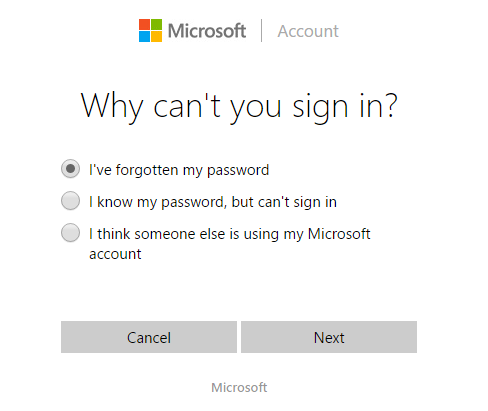
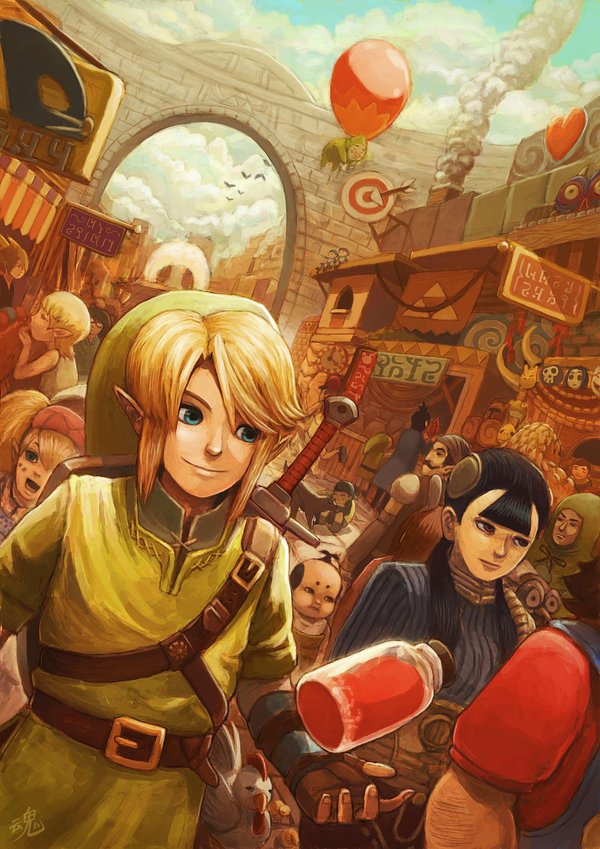
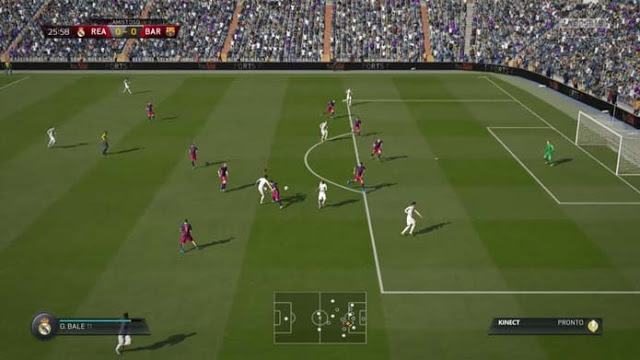

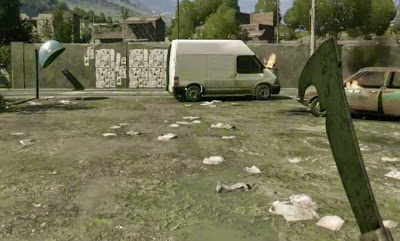 Dying Light (PC) Weapon Guide
Dying Light (PC) Weapon Guide Gaming for a Cure
Gaming for a Cure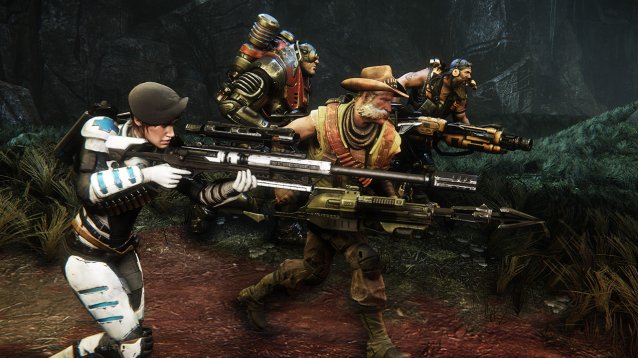 Evolve Preview: A Monstrous Amount of Fun
Evolve Preview: A Monstrous Amount of Fun Best Hacking Skills and Upgrades in Watch Dogs
Best Hacking Skills and Upgrades in Watch Dogs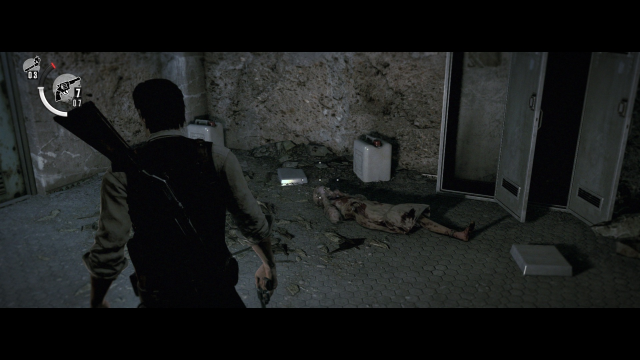 Avoid A Gruesome Fate: The Evil Within Review
Avoid A Gruesome Fate: The Evil Within Review